‘Where would candidate stay?’- a commentary on the role of Bhutan’s Members of Parliament
These days, as one scrolls one’s social media accounts, one post is inevitable. An update from Members of Parliament (MP) on their ‘constituency visit’, provided one is following some of them. It is heartening to see MP, as elected representatives reaching out to their constituents – updates on farm road construction (in Wangdue), mobilising financial support for unattended elderly (in Haa), visits to schools (in Trashigang) and Gewog administration (in Pema Gatshel) and the like. However, ‘constituency visit’ as one of the duties of MP is quite problematic both at conceptual and operational level.
This took me back to a question during 2018 National Assembly (NA) Primary Round of Elections. During the Common Forum of Ugyentse-Yoeseltse Constituency, Samtse, a candidate asked his contestant, “འདེམས་ངོ་ག་སྟེ་བཞུགས་ནི་སྨོ?” (Where would candidate stay/sit?). Observers and critique alike made light-hearted jokes when a candidate responded, “…mines and minerals (sic)…”. Perhaps it was and is understood that all MP would stay in Thimphu where the two Houses of Parliament, the National Council (NC) and NA are located. བཞུགས་ (bZhugs) can mean a couple of things, ‘stay’/reside or ‘sit’. Retrospectively, the question was quite profound. First, as an elected representative, should one ‘stay’ in Thimphu, quite detached from the everyday happenings of the very people who you are representing? Or reside alongside constituents by breaking the established convention. In the second place, where would you ‘sit’ in your legislative decision- vote responding to the need of the constituents or bandwagon along party lines (in NA). Perhaps the candidate must have weighed these options in his mind which were seemingly difficult to choose from. Hence, the answer, “…mines…” This commentary tries to situate the roles of MP as they are pursued today vis-à-vis its supposed ideals. In doing so, the arguments are based on the constitution and the rules of procedure of the two Houses, 2016 for NC and 2014 for NA.
Bhutan’s democracy is a culmination of constant nurturing by our successive Monarchs to empower people by taking governance to the grassroots. Besides the establishment of Dzongkhag Yargye Tshogdu (District Development Committee) and Gewog Yargye Tshogchung (Block Development Committee), the composition of the erstwhile NA was very much grassroots oriented, if ‘Chimi’ based in Gewogs and Dzongkhags can be considered as such. However, current ‘constituency visit’ sets a different structure in a sense MP are expected to ‘visit’ their constituency. Ideally, they should be ‘based’ in their respective constituencies. The fact that the NA Rules of Procedure states “…the Speaker may grant exemption [constituency visit] on the request of the Members” suggest the status of such a duty.
Current Thimphu centric (MP based in Thimphu) approach has a couple of implications. In the first place, it detaches MP from her/his constituents’ everyday lives in the communities. As a result, an MP’s role in empowering people is not optimised. There are local government machineries, but it is an extension of executive mandate – it does not have legislative function. Maximum interaction by legislative representatives in the communities would facilitate communication and collaboration, including issue identification and participation in development plans. An MP was reportedly said to have approached Gross National Happiness Commission (GNHC) to get a detailed activity plans of her/his constituency. Had there been a robust interaction in the communities, including at the local government level, these detachments shouldn’t occur. Conviction of a number of countryside settlers [who majority are supposedly illiterate] for breach of COVID-19 protocol can partly attribute to failure to create awareness on laws of the land. Some convicts, as reported, weren’t aware of law. As an elected representative, MP are expected to create awareness on laws of the land. Perhaps existing ‘constituency visit’ doesn’t give enough time to cover wide range of topics/agenda. Where MP ‘stay’ matter?
The other meaning of བཞུགས་ (bZhugs), ‘sit’, help explain an MP’s ideological leaning or position pertaining to certain policy agenda. While the voting records give the positional stand of an MP, it does not explain the rationale behind the decision, leaving a room to interpret it as a voting on party lines (in NA’s case). For example, Bangladesh, Bhutan, India and Nepal (BBIN) Motor Vehicle Agreement (MVA) during the Second Parliament, and election of Speaker for the Third Parliament were by and large on party lines. While it is expected to have certain ideological alignment given the party affiliation, the needs and preferences of constituency differs. Consider a hypothetical example. If the Ministry of Education (MoE) is to be relocated to Haa by an act of parliament, the representatives of Thimphu and Haa, if they represent their constituencies, should have a different stand [even if they are in the same party]. Of course, overall national interest should prevail. Key institutions besides institution’s own services, drive infrastructural development, create market and open business opportunities, albeit small. If MP exercise their ‘self-determination’, it will open room for compromise and negotiation. For example, it will create platform for debates that would generate alternative projects/programmes in Thimphu. Current apparent ‘band wagoning’ reflects a trend of ‘winner takes all’ decision. Where should an MP ‘sit’ in her/his ideological standing/policy issues? It is instructive to note that for the General Round of Elections for NA, electorates vote for a candidate, not a party.
Legislation is distinct and the most important mandate of MP. Reportedly, the majority of policies and bills are executive driven – drafted and initiated by agencies concerned. Aren’t there enabling conditions for MP to introduce bills in their private capacity as a member? NA’s rules of procedure has a provision on ‘Private Member Bill’ and NC has ‘Private Members Business’. There are Asst. Research Officers (ARO) who are expected to assist MP in delivering their legislative mandates. The apparent lack of agency in MP see Legislative body playing a lesser role in setting the legislative agenda which in a way encourages/compels the Executive to step in. Import and sale of tobacco in the wake of COVID-19 pandemic is a case in point. In doing so, the executive order potentially undermines parliamentary supremacy. Had the need been felt and agency among MP there, there could have been a way to amend the act through an extra-ordinary session before executive took a unilateral decision. What kind of precedent does it set?
If the preceding discussion merit consideration, a couple of recommendations are made hereunder. The existing concept and arrangements of ‘constituency visit’ supposedly conceptualised by ‘Thimphucrats’ need to be revisited. Having MP at the grassroots would facilitate interaction both with people in the grassroots and local government functionaries where financial outlay has increased over the course of time. With human resource in ARO, time (10 months) and access to information, MP have potential to drive the legislative agenda. Perhaps maximum interaction with their constituents at the grassroots might convince MP to introduce ‘Wage Raise’ as a bill. Otherwise, current trend has been as if daily wage earners aren’t affected by inflation and improved living standard vis-à-vis beneficiaries of regular pay raise. Further, issuing individual statement explaining their votes on certain policy issue will enable constituents to assess and account whether or not their representative represented the constituency’s needs and position. The statement can be appended as a part of the resolution. Such arrangements are expected to facilitate ‘self-determination’ in MP and encourage rigorous policy debates, among same party members but different constituencies.


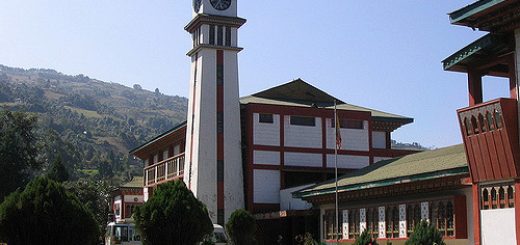
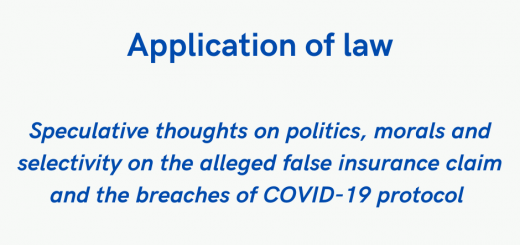
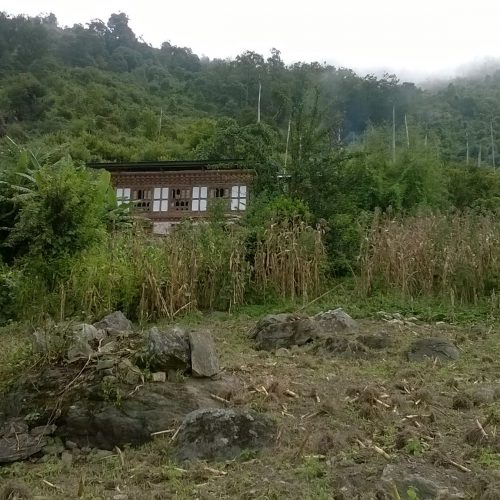
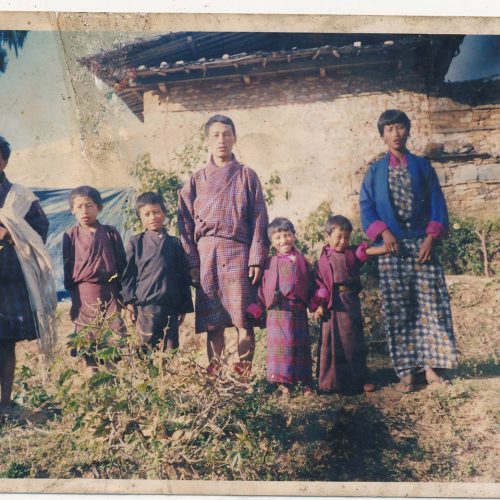
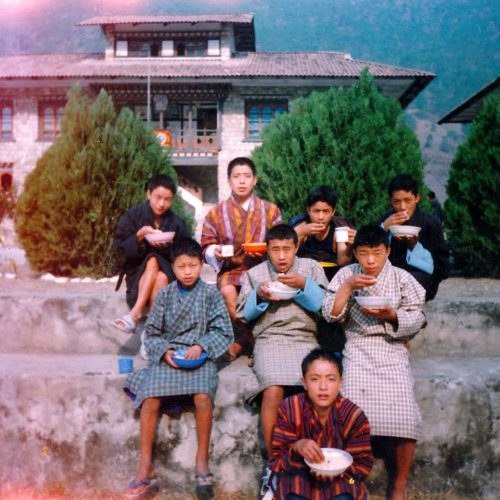
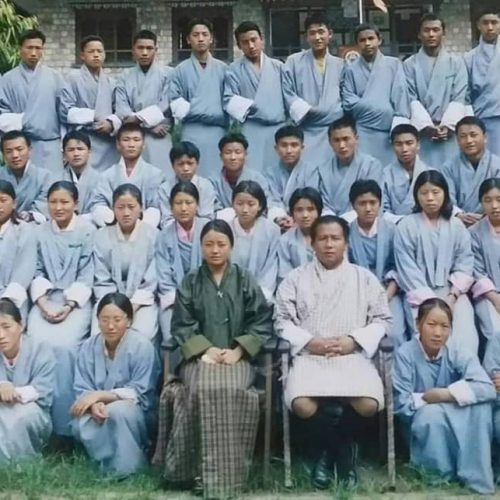
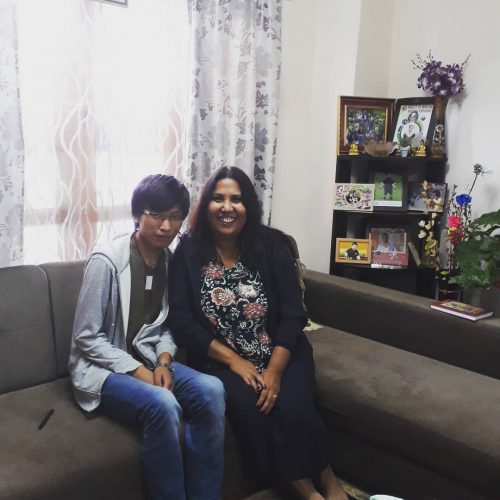
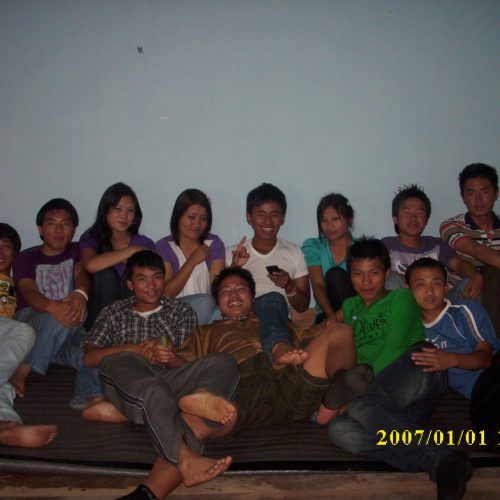
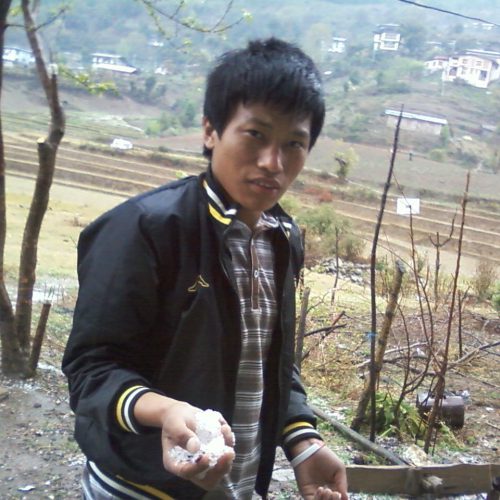
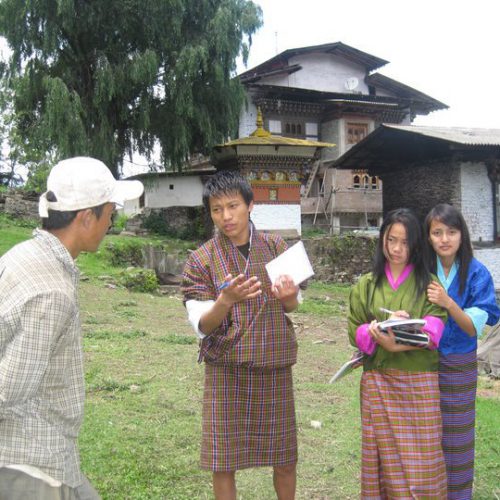
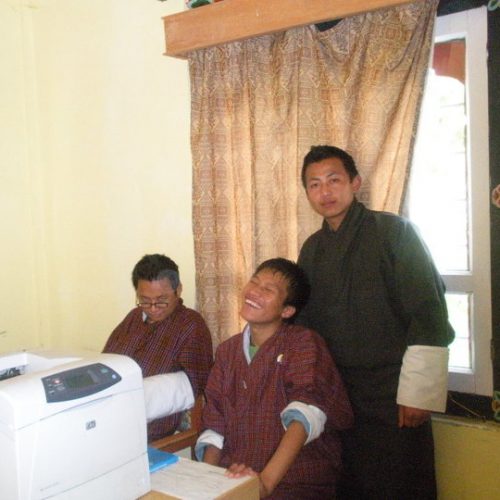
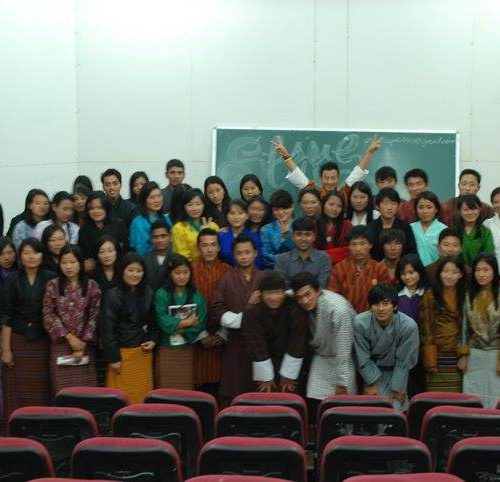
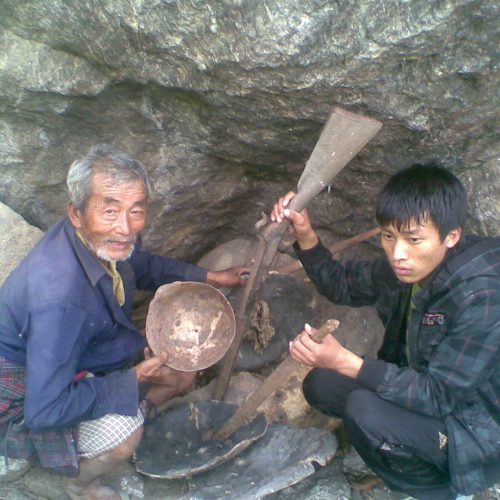


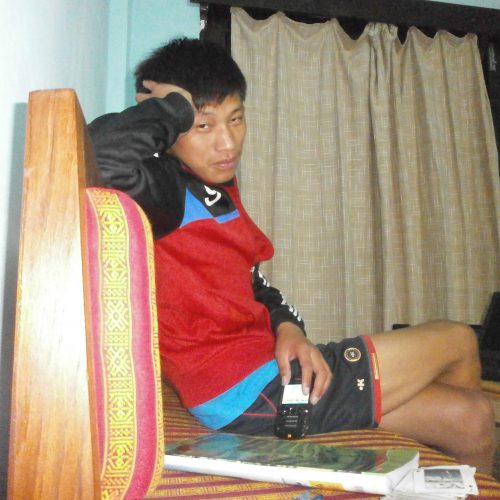
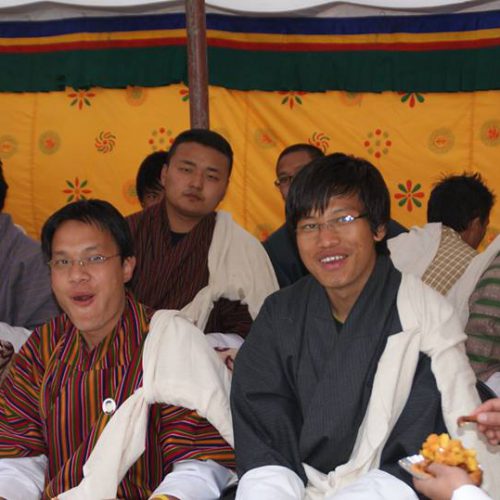
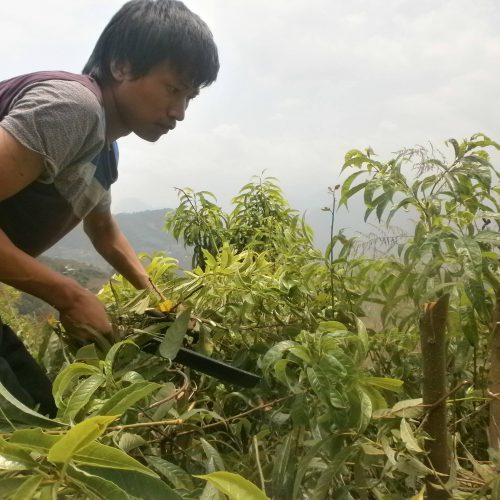
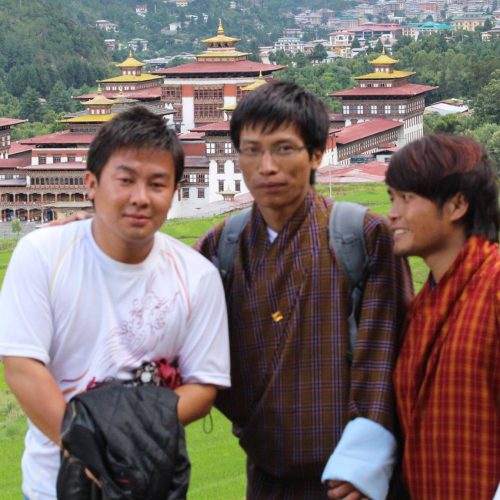
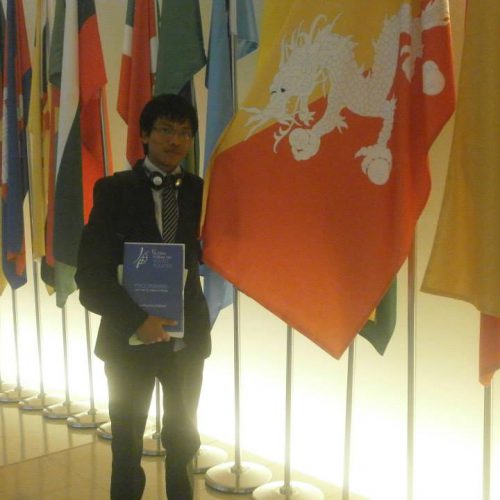
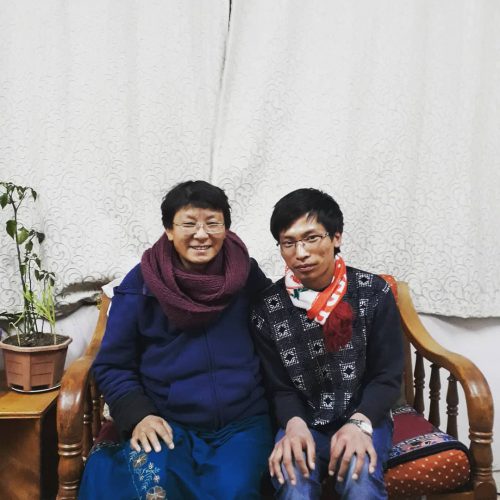
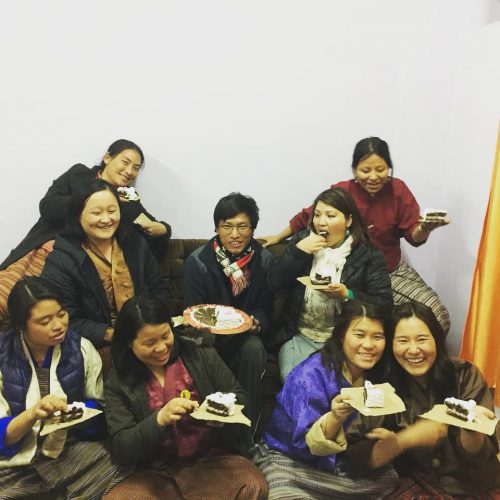
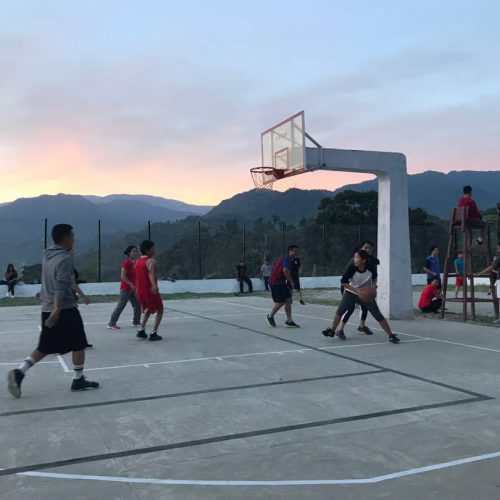
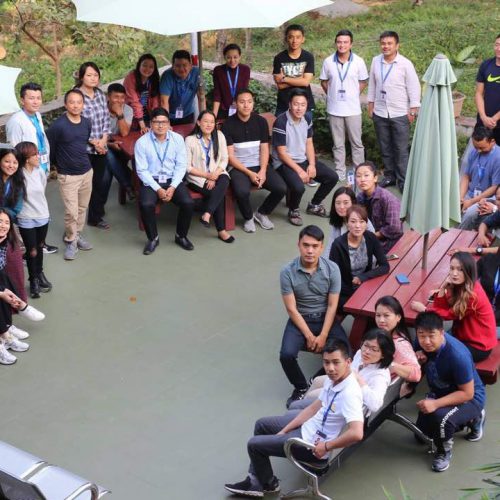
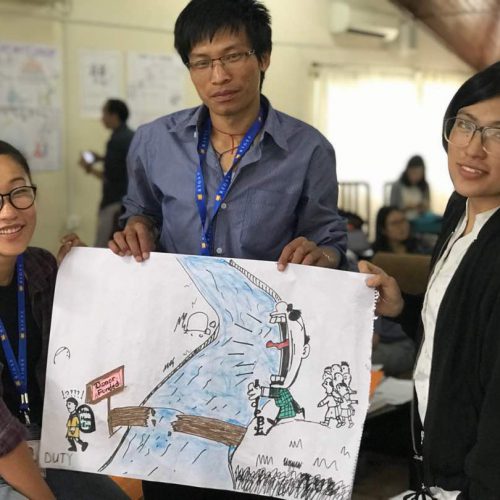
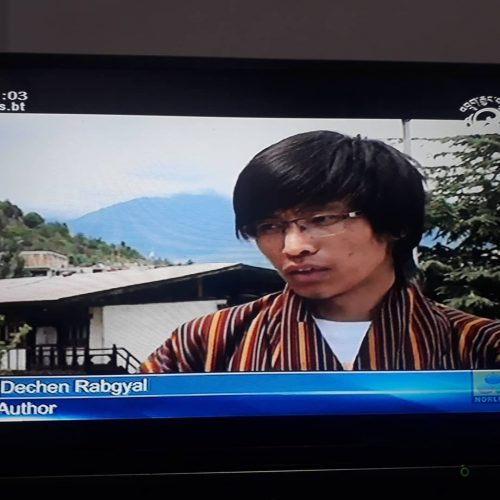
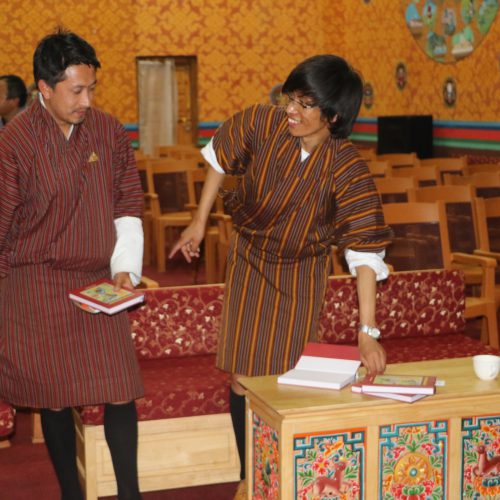
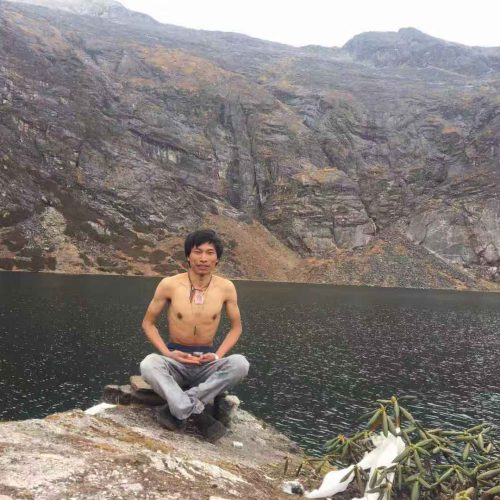
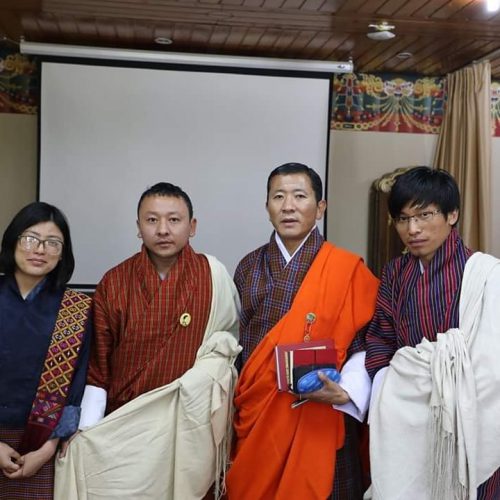
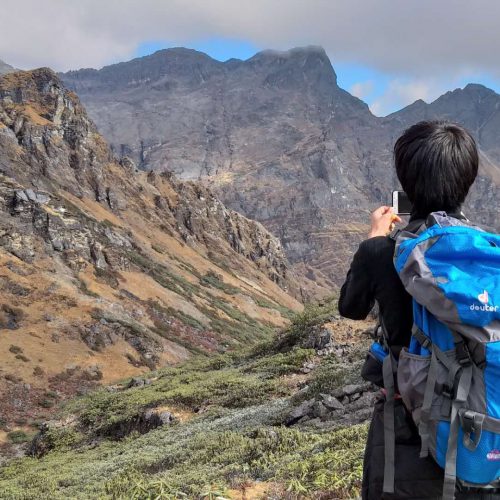
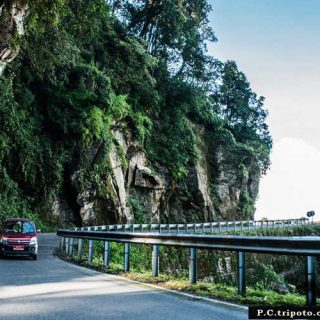
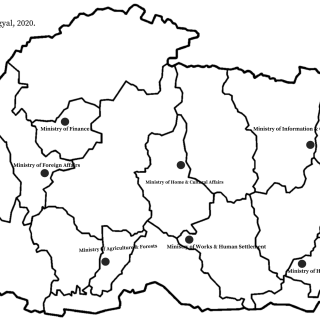
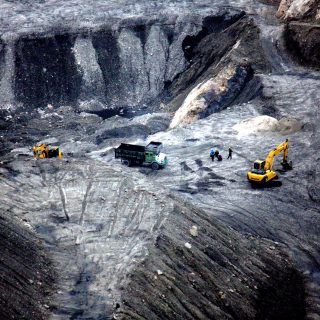
Ata, I am often entralled by your writeup. No comments for above but how doable it is….
Nice write up…love your work bro
Great write up 👍
Greatly appreciate, keep on writing Dechen
Valid thoughts.
Inspired